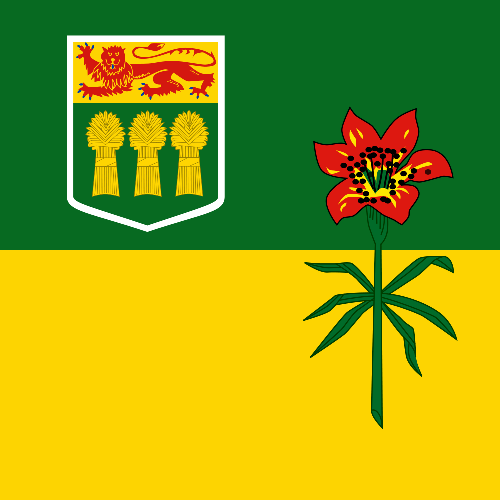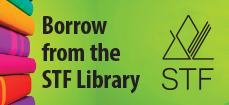Social Studies 8
PA8.2
Examine the role of power and authority in the application of diverse decision-making processes in a variety of contexts.
Indicators for this outcome
| (a) |
Contribute to classroom decision making by using the majority-rule model and the consensus model. |
| (b) |
Formulate contexts in which the majority-rule model and the consensus model would be effective. |
| (c) |
Investigate and describe the consensus decision-making model employed in traditional Aboriginal communities or jurisdictions. |
| (d) |
Describe traditional First Nations, Inuit, and Métis models of governance and selection of leaders. |
| (e) |
Compare the structure of leadership and decision-making process in an Aboriginal community to that of the parliamentary system in Canada. |
Loading...


R019212
Concentus Citizenship Education Resources. Grade 8: The Intentional & Explicit Teaching of Essential Citizenship Competencies
Students explore the concept of democracy as demonstrated in Canada. Throughout the study of democracy, students reflect upon alternative decision making processes such as consensus and majority rule. Students trace the evolution of legislation from an idea to implementation. They learn how the democratic process is strengthened by citizen participation.
Links :
Click here
Media and Formats :
Document
Price :
Free




Record posted/updated:
November 15, 2023

R103655
The Pass System
Saskatoon filmmaker Alex Williams exposes a little-known piece of Canadian history - one in which First Nations people required permits issued by an Indian Agent in order to leave their reserves. Purportedly in response to the Northwest Resistance of 1885, Sir John A. Macdonald enacted a system of racial segregation that denied First Nations people in parts of Western Canada the basic freedom of mobility that other Canadians experienced. Although the pass system had no basis in law, it stayed in effect for over 60 years and prevented First Nations parents from visiting their children in residential schools, limited access to relatives, and discouraged travel to towns and cities. This film includes archival research as well as the oral histories of Elders.
(More information)

R054329
All 4 Each: A Unit to Empower Co-operative Consciousness
This teacher's guide includes information about the legal and operational frameworks of co-operatives. Comprised of five lessons, students learn the principles of co-operatives, how to put the principles into practice, how co-operative models can work for an individual organization, how to investigate the co-operative structure, and how to create their own co-operative. Background information is provided for teachers.
A table of contents and a listing of suggested resources is included.
A table of contents and a listing of suggested resources is included.
Links :
Download
Media and Formats :
Document
Price :
Free



Record posted/updated:
July 8, 2024

R101826
Saskatchewan Social Studies 8. Student Text
Saskatchewan Social Studies 8 has been custom published for Saskatchewan and has been developed by a team of Saskatchewan teachers. At the beginning of each unit, the "Essential Question" sets the focus for the unit. The book provides opportunities for inquiry learning and engages students with "What Do You Think," "Thinking Critically" and "Thinking It Through" activities. Links to the historical thinking concepts have also been embedded throughout to support the development of historical thinking skills. Timelines, charts and graphs, photos, primary sources, QR codes and maps provide a variety of ways for students to access content.
(More information)
- Saskatchewan Social Studies 8. Teacher Resource with CD

